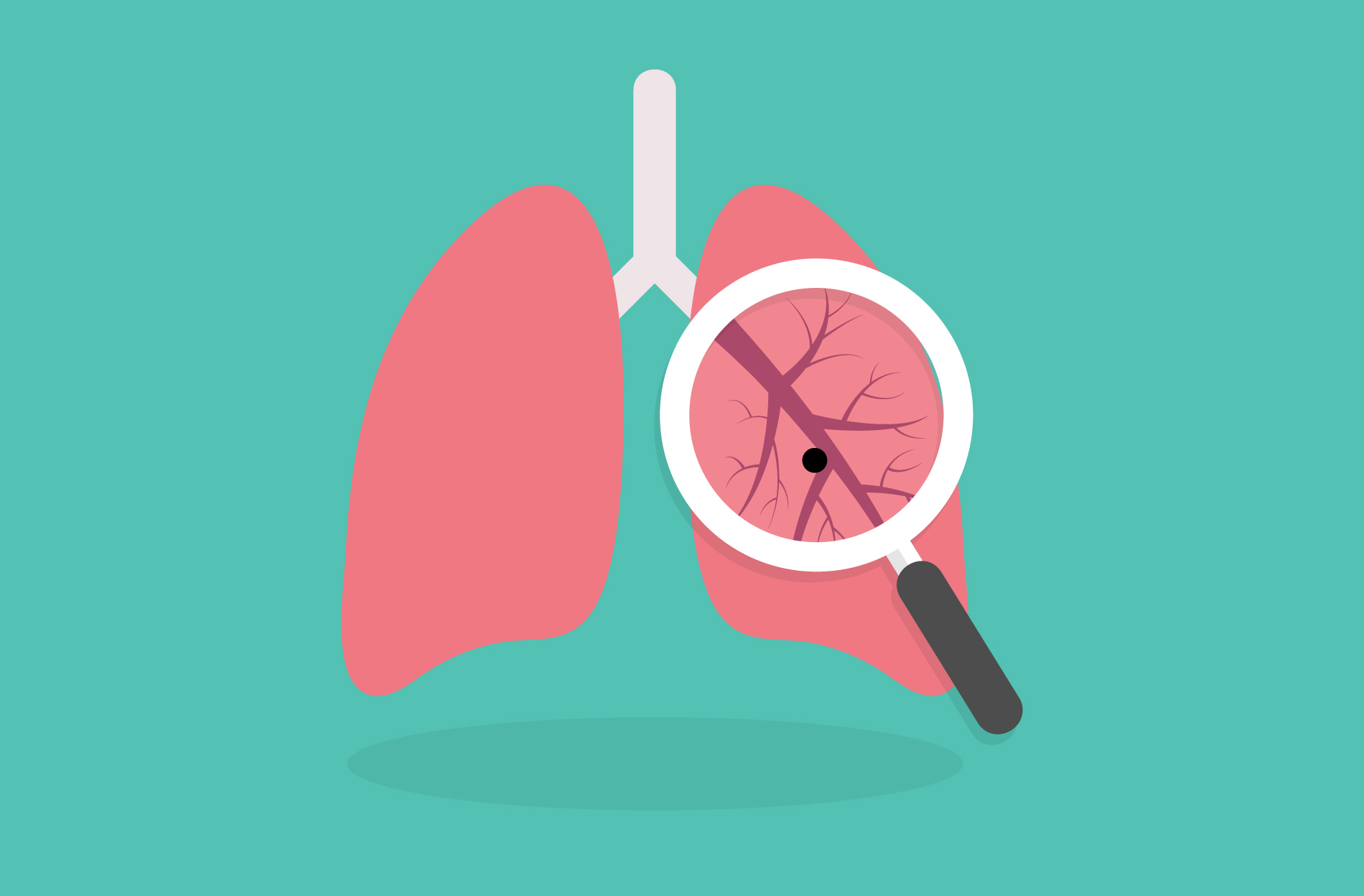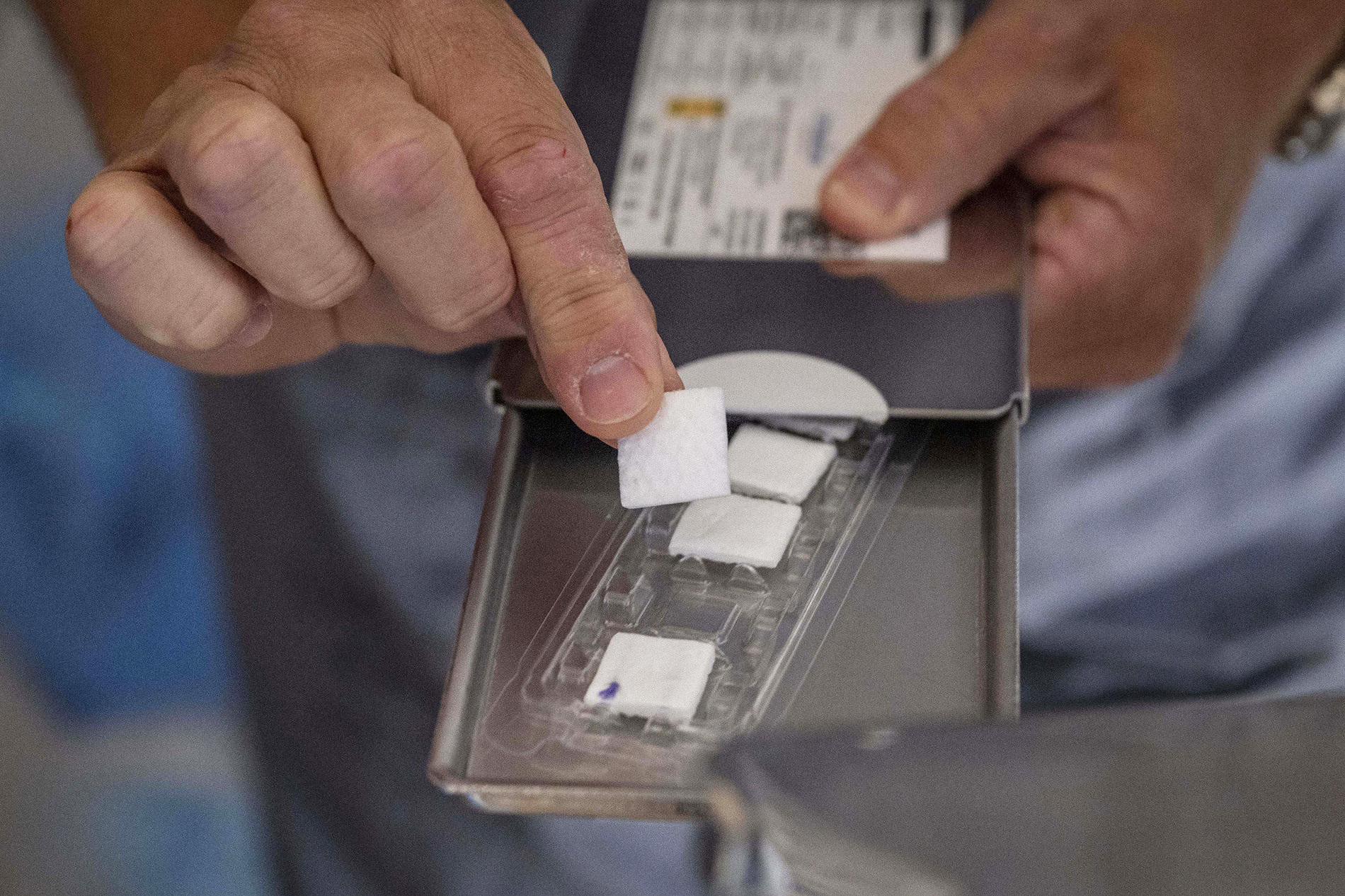Lung Cancer Screening Program Saves Lives
Smoking is the main risk factor for lung cancer, resulting in 85 to 90 percent of lung cancers. Each year, more people die from lung cancer than from breast, prostate and colon cancer combined.
What makes lung cancer so deadly is that it is usually detected late, when treatments are less likely to help. That’s why Lexington Medical Center offers a lung cancer screening program. Screening finds lung cancer earlier, when it’s at a lower stage and more likely treatable. To date, Lexington Medical Center has performed more than 2,000 lung cancer screenings.
Lung cancer screening uses a low-dose CT scan of the lungs. In general, people should be screened if they are between the ages of 55 to 77 with at least a 30-pack year history of smoking and have smoked within the last 15 years.
A pack year is one pack of cigarettes daily for a year - so if a person smokes one pack per day for 30 years or two packs per day for 15 years, that’s a 30-pack year history of smoking.
People should also consider screening if they’re between the ages of 50 to 77, and a current or past smoker with a 20-year pack history and one or more additional risk factors such as a personal history of cancer, family history of lung cancer, chronic pulmonary obstructive disease, pulmonary fibrosis, exposure to radon, or exposure to occupational elements such as asbestos, arsenic, beryllium, chromium, diesel fumes, nickel, silica or cadmium.
People should ask their doctor if they think they qualify for screening.
For information about lung cancer screenings at Lexington Medical Center, call (803) 791-2461.




![ScreenShot for Blog[62] Steve and Mamie Turner on the beach with their dog](https://blog.lexmed.com/images/librariesprovider80/blog-post-featured-images/screenshot-for-blog-62.jpg?sfvrsn=36ab6f0a_0)





Leave a comment